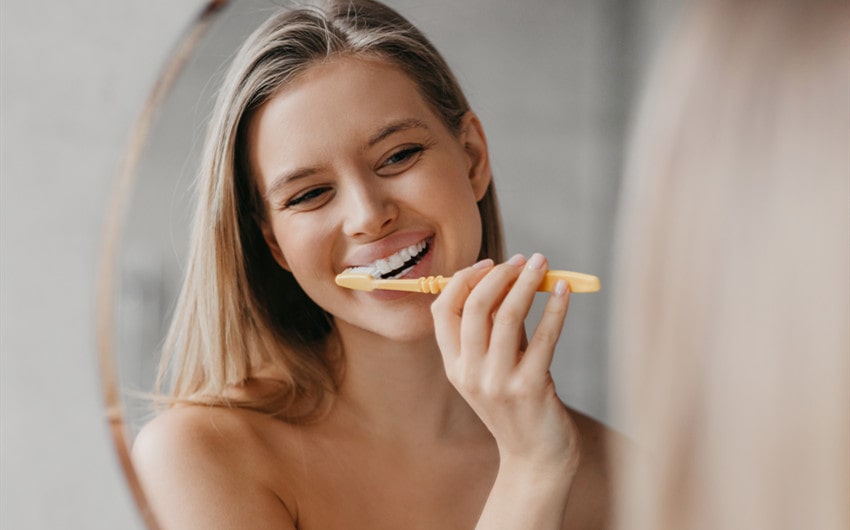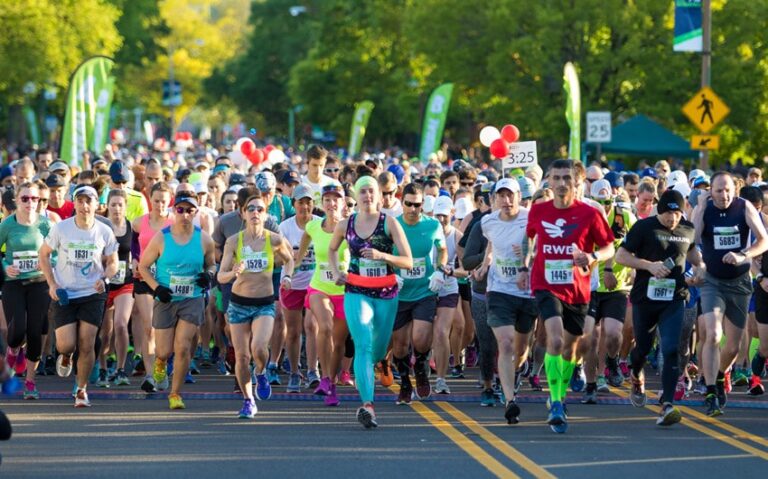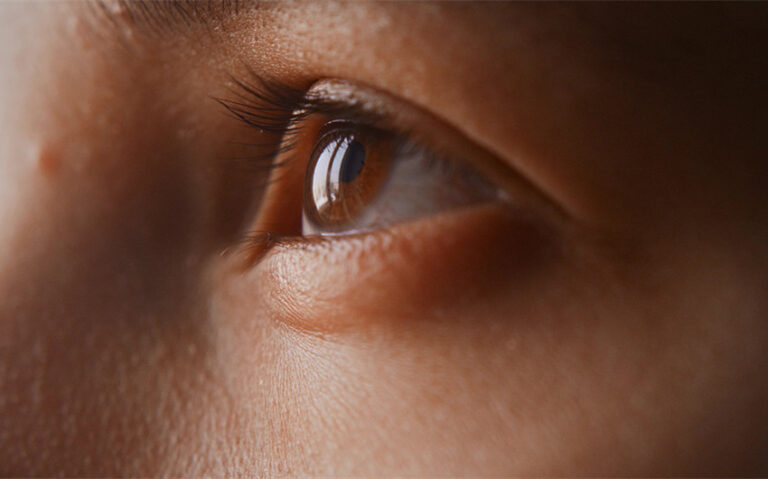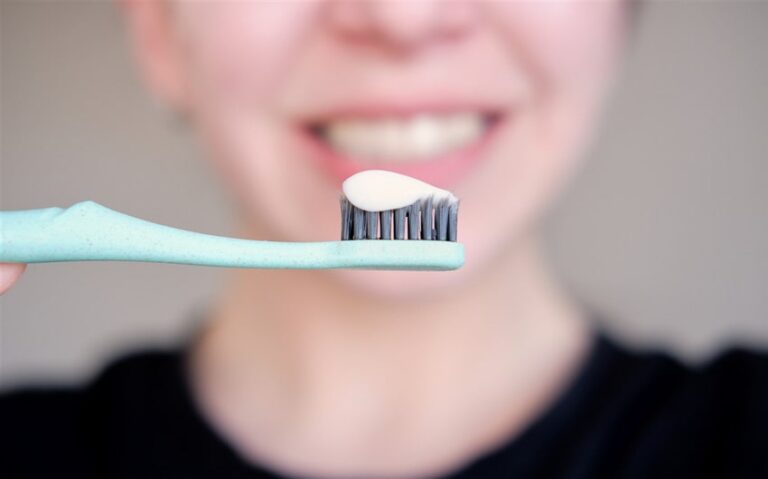Is Brushing Your Teeth Once a Day Enough? My Honest Experience
I brushed my teeth once a day for longer than I care to admit. Usually in the morning, when the routine was still intact, when the world hadn’t yet worn me down. At night, though? That part of the ritual often slipped through the cracks. I convinced myself it didn’t matter that much. I told myself that once was enough. But slowly, without realizing it, I started to wonder what I was losing—not just in dental health, but in self-care—by not showing up for that second brushing.
Why Once a Day Felt Like Enough (At First)
For a while, brushing once a day felt totally reasonable. I had things to do, people to answer, thoughts to chase. I brushed in the morning because I didn’t want to show up to the world with stale breath and fuzz-coated teeth. It was functional, predictable, and even a little comforting. But once the day took over, the night belonged to fatigue. Brushing before bed seemed like a nice idea I didn’t have the energy for.
I figured, if I’m doing it once—and doing it well—surely that counts for something. And for a time, it did. My dental checkups weren’t disastrous. My breath didn’t chase people out of rooms. I wasn’t in pain. So I didn’t ask more of myself.
But something inside me shifted when I started asking whether “not disastrous” was really the bar I wanted to aim for. Was I okay with barely enough, or did I want something better—stronger, healthier, and more respectful of my own body? The answers weren’t about plaque. They were about the kind of relationship I was building with myself.
What I Didn’t Notice Until I Looked Closer
The change didn’t happen in a flash. It happened in small, quiet realizations. Like waking up with a sour taste in my mouth even after brushing the night before—or noticing that my tongue didn’t feel as clean halfway through the day. My gums were more sensitive than I remembered. There was a subtle stickiness behind my molars that regular brushing didn’t seem to reach anymore.
I started running my tongue over my teeth more often, like I was checking for reassurance. And instead of feeling clean and smooth, they felt… coated. Not dirty, but not fresh either. And that unsettled me. It wasn’t a dental emergency, but it was a whisper. Something in my body telling me: you could take better care of me than this.
There was no dramatic wake-up call, no bleeding gums or cavities that forced a reckoning. Just a slow, growing awareness that the effort I was putting in wasn’t quite matching the care I wanted to receive. And that gap—between effort and self-respect—started to itch.
The Science (That I Mostly Ignored)
I’ve never been a big science nerd, but even I knew the basics: brush twice a day, floss daily, see a dentist every six months. It’s the dental gospel. But for years, I treated it like optional fine print. I assumed brushing once a day was enough because it kept the worst-case scenarios at bay. But avoiding disaster isn’t the same as cultivating health.
What I hadn’t considered was the bacterial cycle happening in my mouth. Every time we eat, especially foods with sugar or starch, bacteria in our mouths feed on those particles and produce acids. Those acids weaken enamel and inflame the gums. At night, while we sleep, saliva production drops—which means those acids stick around longer. If I brushed in the morning but skipped the evening, I was leaving behind an entire day’s worth of bacteria and food residue to fester overnight.
Eventually, that becomes plaque. Plaque hardens into tartar. Tartar invites inflammation, gum recession, and decay. All of it slow and mostly invisible until one day it’s not. Suddenly, brushing twice a day isn’t just a suggestion—it’s prevention. It’s a kind of time travel for your teeth: doing something small now so you don’t have to undo something painful later.
What Changed When I Started Brushing Twice a Day
The first week felt awkward. My night routine had no muscle memory for brushing. I’d forget until I was already in bed and groan at the thought of getting up. But I got up anyway. Slowly, it became less of a decision and more of a rhythm. Like turning off the lights or locking the door. Brushing became a signal to my body: the day is done, and we’re ending it clean.
Within a week or two, I noticed a difference. My mouth felt fresher—not just in the mornings, but throughout the day. My gums didn’t feel as puffy. The rough patches behind my teeth started to smooth out. There was something else, too—less measurable, but just as real. I felt more grounded. More consistent. More like someone who followed through.
It wasn’t just about physical health. It was about the story I was telling myself every time I brushed. That I was worth the extra two minutes. That my comfort mattered. That I could stick to something, even if no one else saw it but me.
Why It’s Not Just About Teeth
Brushing my teeth twice a day became less about dental hygiene and more about discipline—not the punishing kind, but the loving kind. The kind that whispers, “I take care of things I want to last.” The kind that doesn’t wait for pain to take action. The kind that shows up, again and again, whether I feel like it or not.
When I added that second brushing, I also added a layer of accountability to my life. I made a small promise to myself and kept it. And that bled into other areas. I became more consistent with drinking water. I started winding down for sleep earlier. I flossed more. All because I started seeing myself as someone worth maintaining.
It also shifted the way I approached routines. Instead of thinking of them as boxes to check, I started viewing them as rituals. Moments of quiet care. A way of anchoring my day at both ends with something gentle, predictable, and undeniably good for me.
So, Is Once a Day Enough?
Technically? Maybe. For a while. You might not notice the harm right away. You might coast by with clean checkups and decent breath. But if you want more than “getting by”—if you want your mouth to feel healthy, your habits to feel solid, and your routines to feel like self-respect—twice is better.
I say that not with judgment, but with understanding. I’ve been the tired person, the forgetful person, the person who says “tomorrow” every night. But once I made the shift, it didn’t just change my oral health. It changed the way I move through my day. It gave me a little anchor in the morning and another one at night. And sometimes, that’s enough to keep me from drifting too far off course.
So no—brushing once a day isn’t wrong. It’s just not where the magic is. The magic, I’ve found, lives in that quiet moment at the end of the day, when I stand at the sink, toothbrush in hand, and remind myself: I’m worth two minutes. Even now. Especially now.





